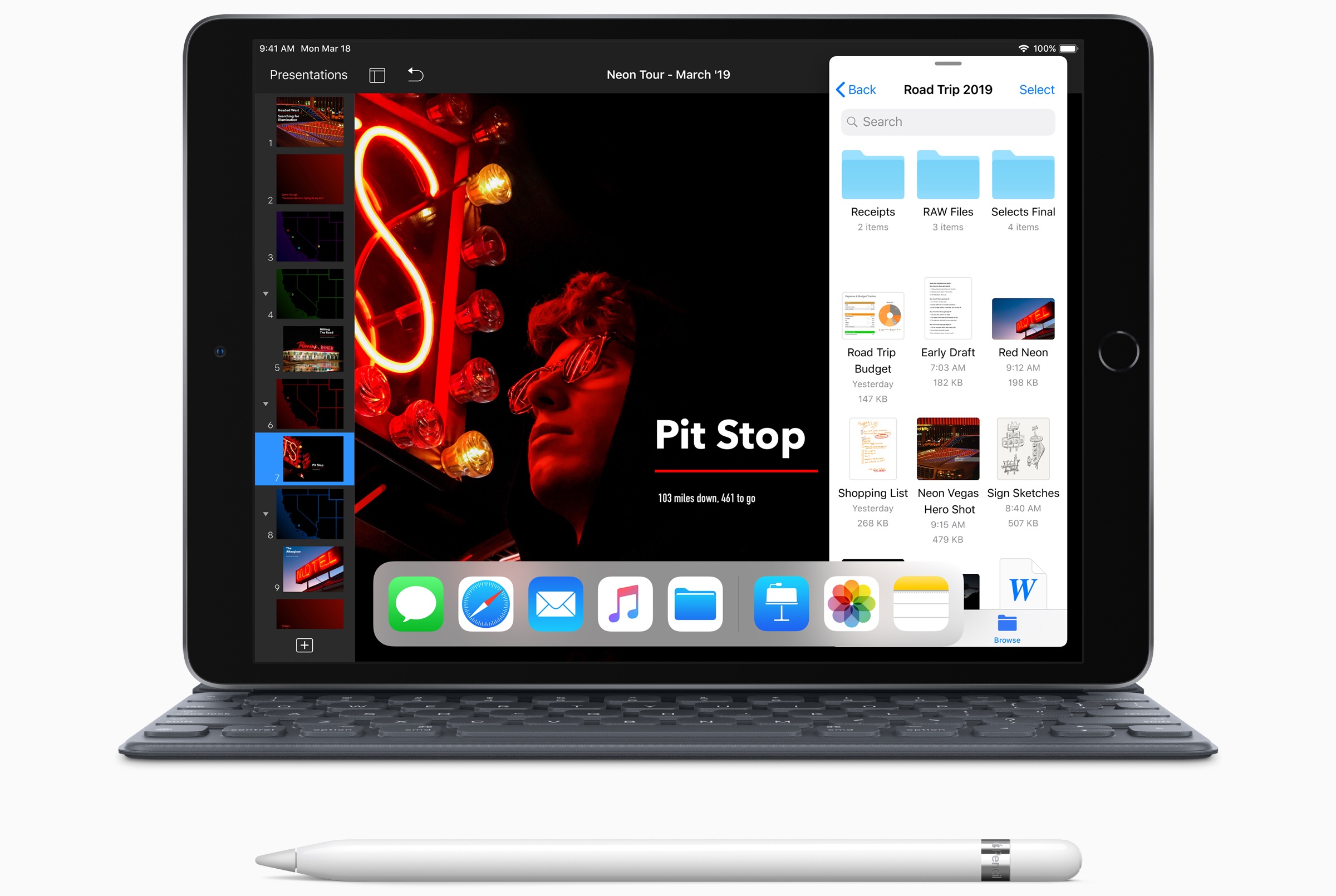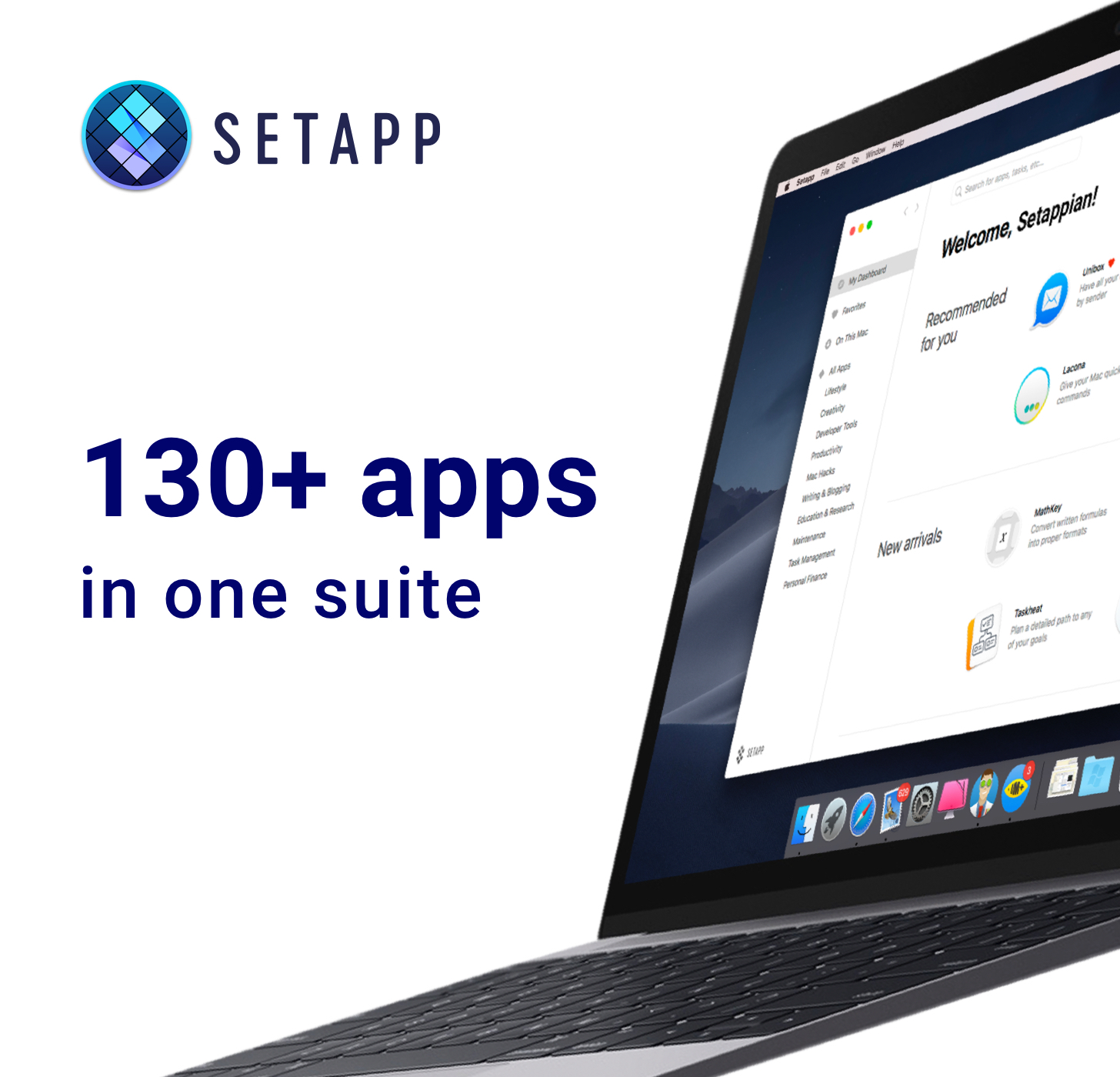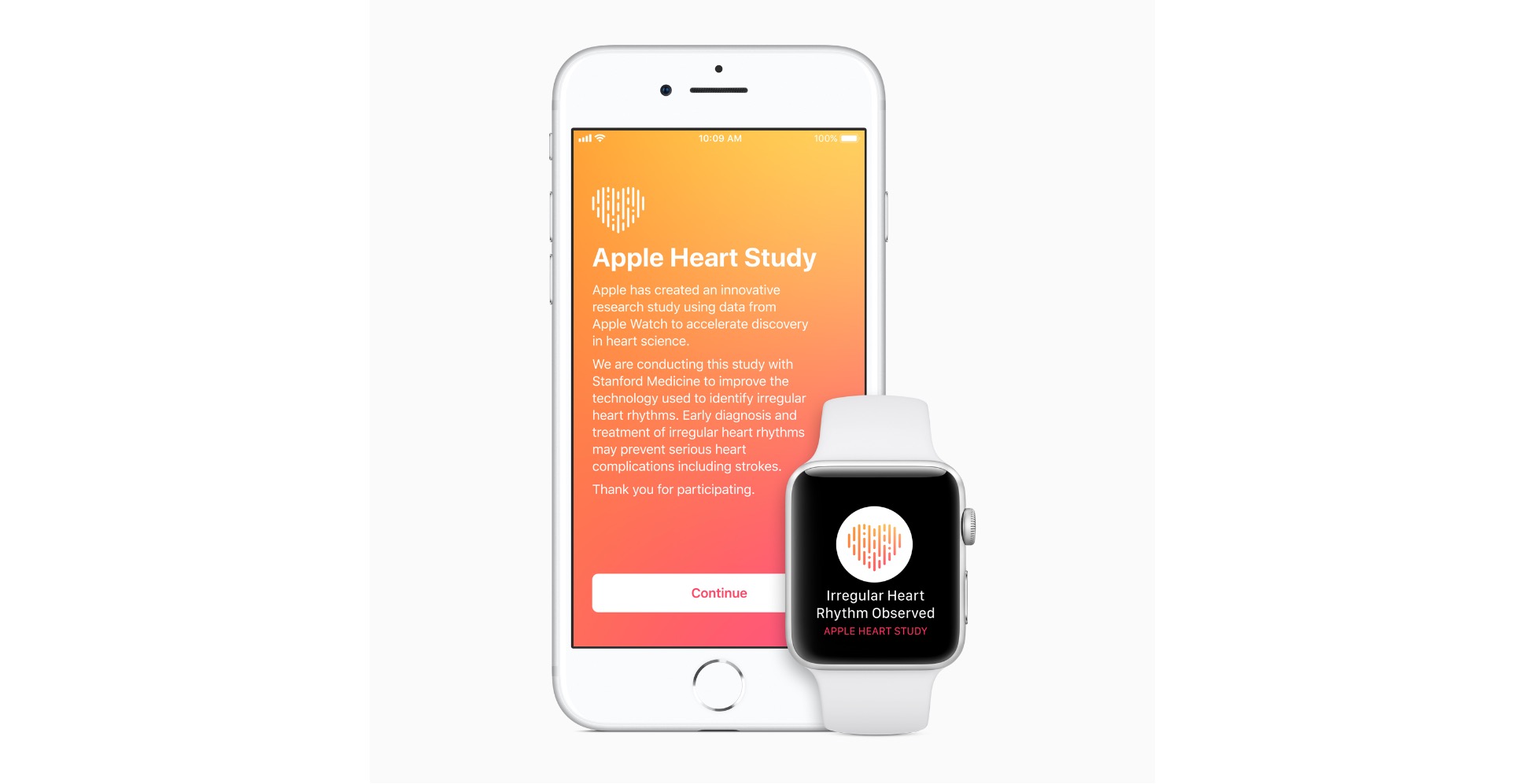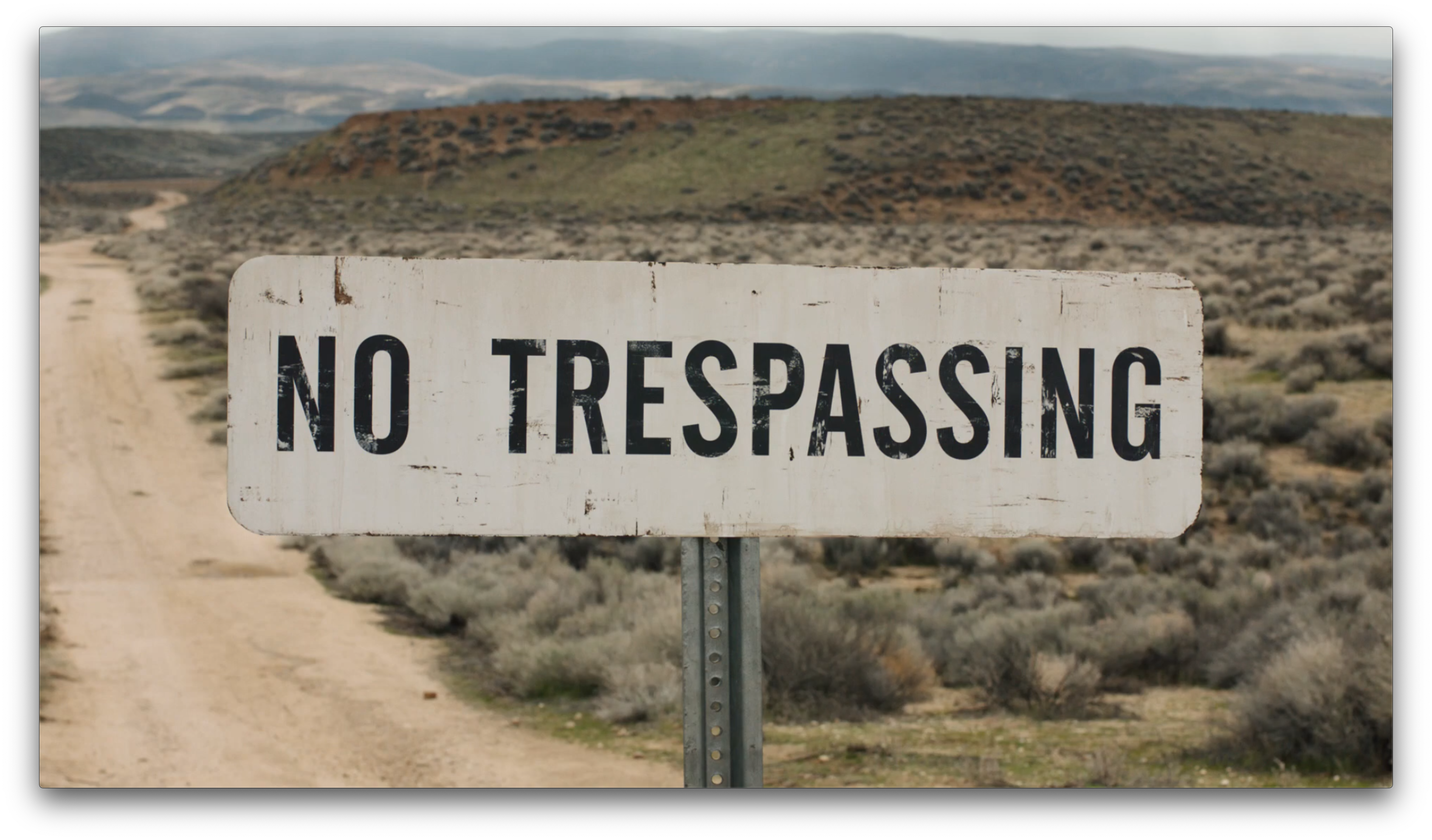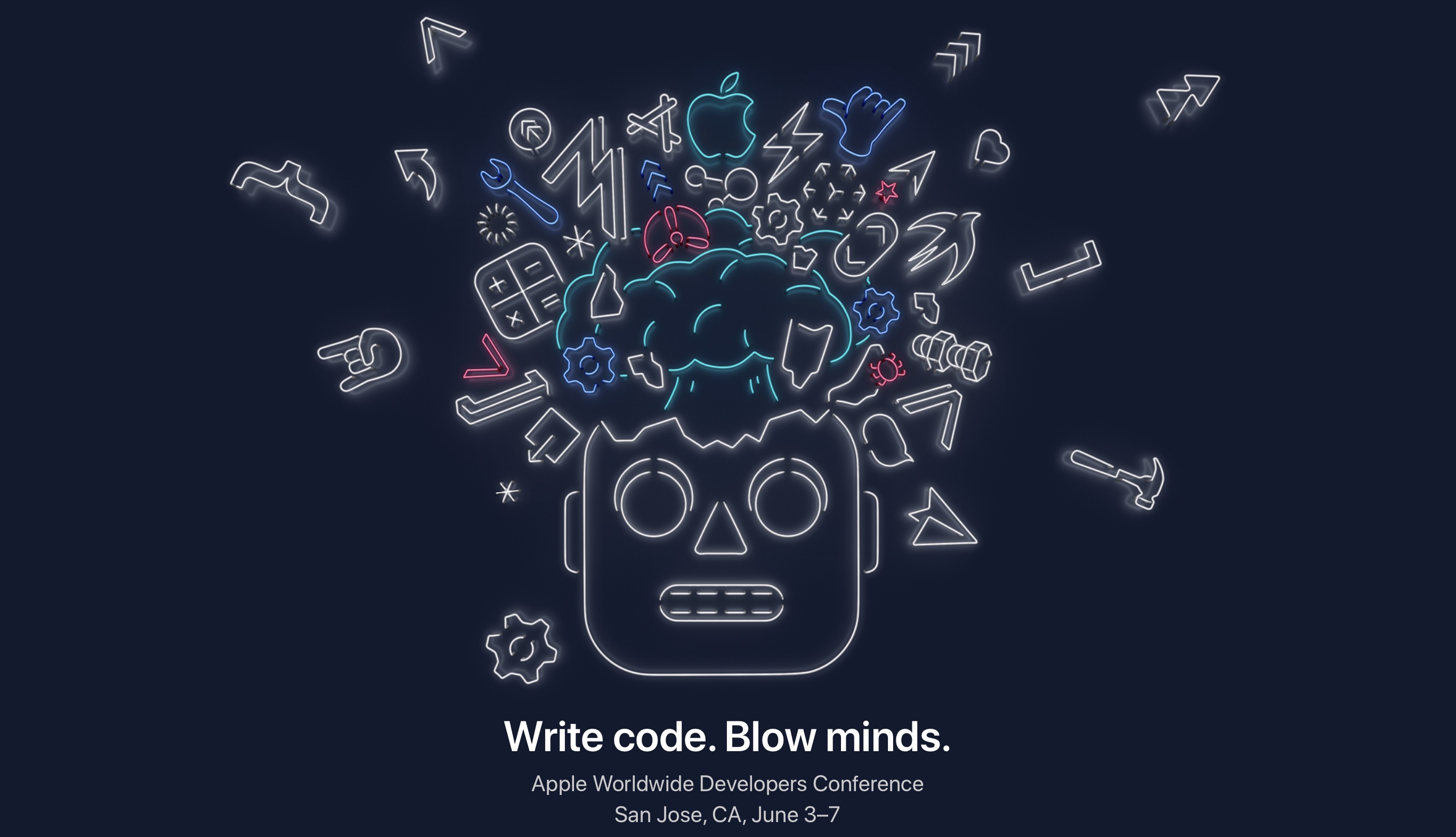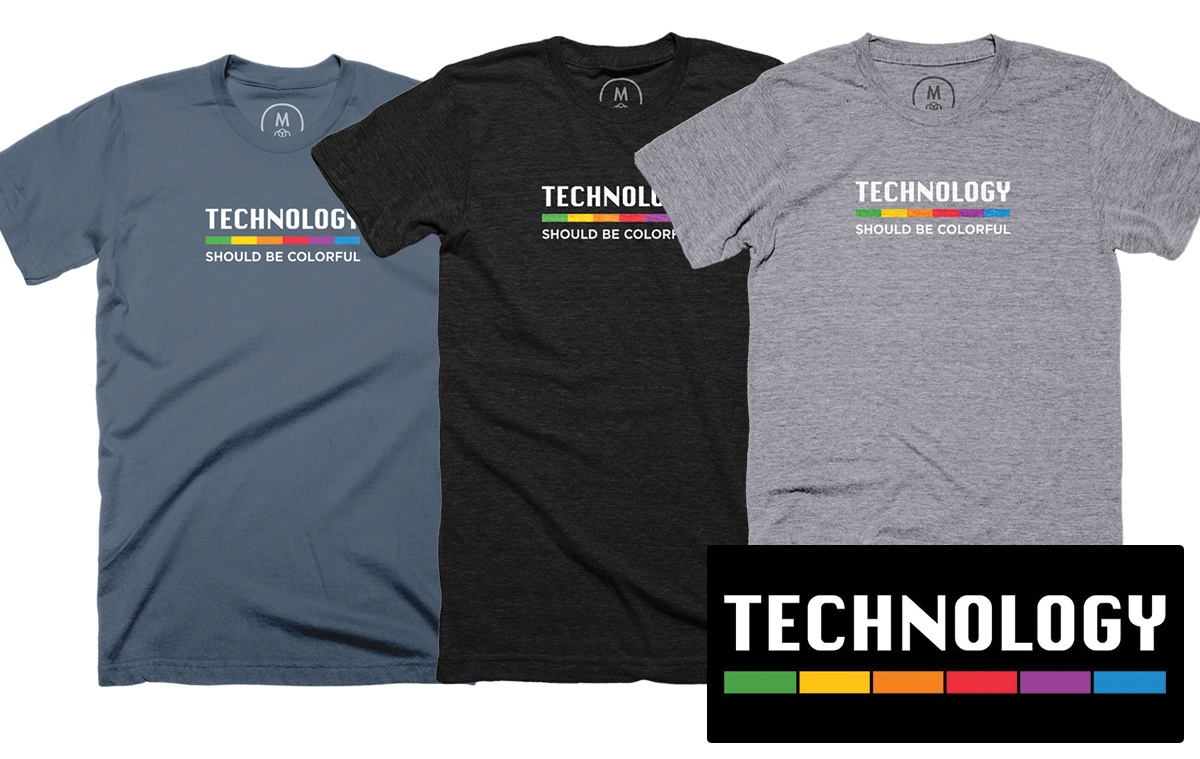In celebration of Garageband’s 15th anniversary this year, Rolling Stone was granted special access to the studio where Apple’s music apps come to life. If I had one major takeaway from the article, it would be that the amount of thought and effort Apple’s team expends in Garageband’s development is remarkable. Rolling Stone’s Amy Wang writes:
In the first media visit Apple has ever allowed to its under-the-radar Music Apps studio, the team of engineers showed Rolling Stone how the creation process for Garageband’s two types of sounds — synthetic and “real” — can span weeks or sometimes months per instrument, with new hurdles at every turn. Synthesized sounds (i.e. the type of obviously artificial notes often heard in EDM) are made from code and tweaked by code; “real” sounds have to be recorded in a drop-dead-silent studio setting, dozens of times, then pieced together like patchwork to form single perfect notes, one by one.
Some instruments are extra excruciating. In the digital reproduction of an American upright bass, a player in the studio plucks a string, holds his breath for seven seconds to ensure there’s no extra noise on the recording whatsoever as the note shivers into the air (engineers have custom-coded an app to time the duration precisely), and repeats the endeavor at different finger positions, volumes and pressures, day in and day out. After wheeling each of the cavalcade of instruments out of the studio, the team pores over the hundreds of recordings to pick out the best. When adding a suite of East Asian instruments in a recent product update, the engineers consulted with designers across the world to pick out the specific color of wood and font of a poem that would make a Chinese guzheng appear the most authentic. Engineers also constantly browse music-making forums for complaints, suggestions and thoughts on what to tweak next.
Garageband’s continued development over such a long period of time is a testament to music’s importance to Apple, a point that’s reinforced several times in the full article.
Besides highlighting the work that goes into making Garageband a better tool for creators, one other interesting tidbit from the article involves Apple’s future direction for the app:
“Without getting into specifics, I think machine learning — as in, systems and software that will enable more ability to help anticipate what someone wants to do — will be of value,” [Phil] Schiller says about what’s in the works.
Perhaps before the year’s out we’ll see the fruits of Apple’s efforts to apply machine learning to music creation.


